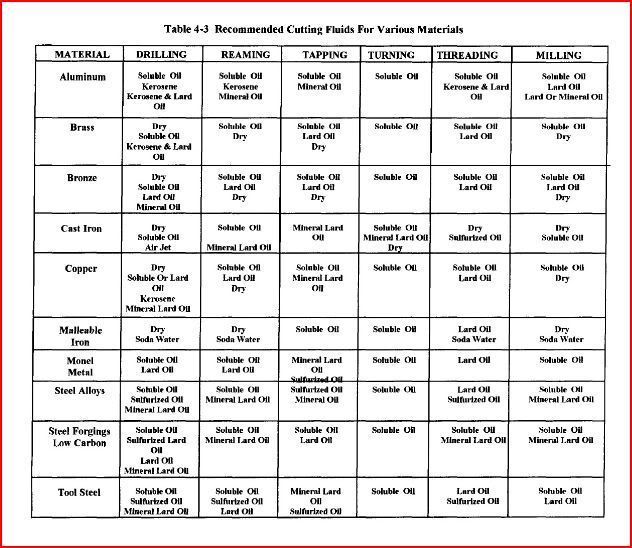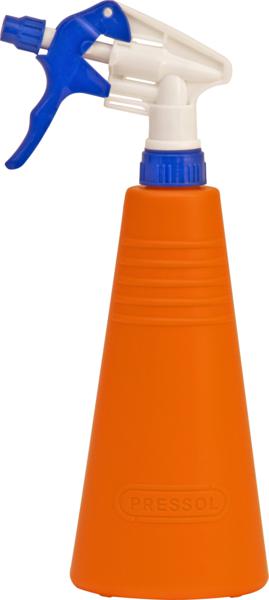Mastermaker
Member
- Joined
- Apr 28, 2009
- Messages
- 16
- Reaction score
- 1
Reading the boring head tread I saw that lard was mentioned and as lard(at least the soft stuff) isn't something one finds in stores around my parts(only solid blocks of coco fat for baking).
What I have found works well for pretty much anything(still use rtd for expensive hss cutters) is the cheapest vegetable oil I can find with some lamp oil mixed in(does smoke though).
Are there any other homemade cutting fluids out there that anyone are using?
Recipes, anyone?????????????????????
What I have found works well for pretty much anything(still use rtd for expensive hss cutters) is the cheapest vegetable oil I can find with some lamp oil mixed in(does smoke though).
Are there any other homemade cutting fluids out there that anyone are using?
Recipes, anyone?????????????????????







